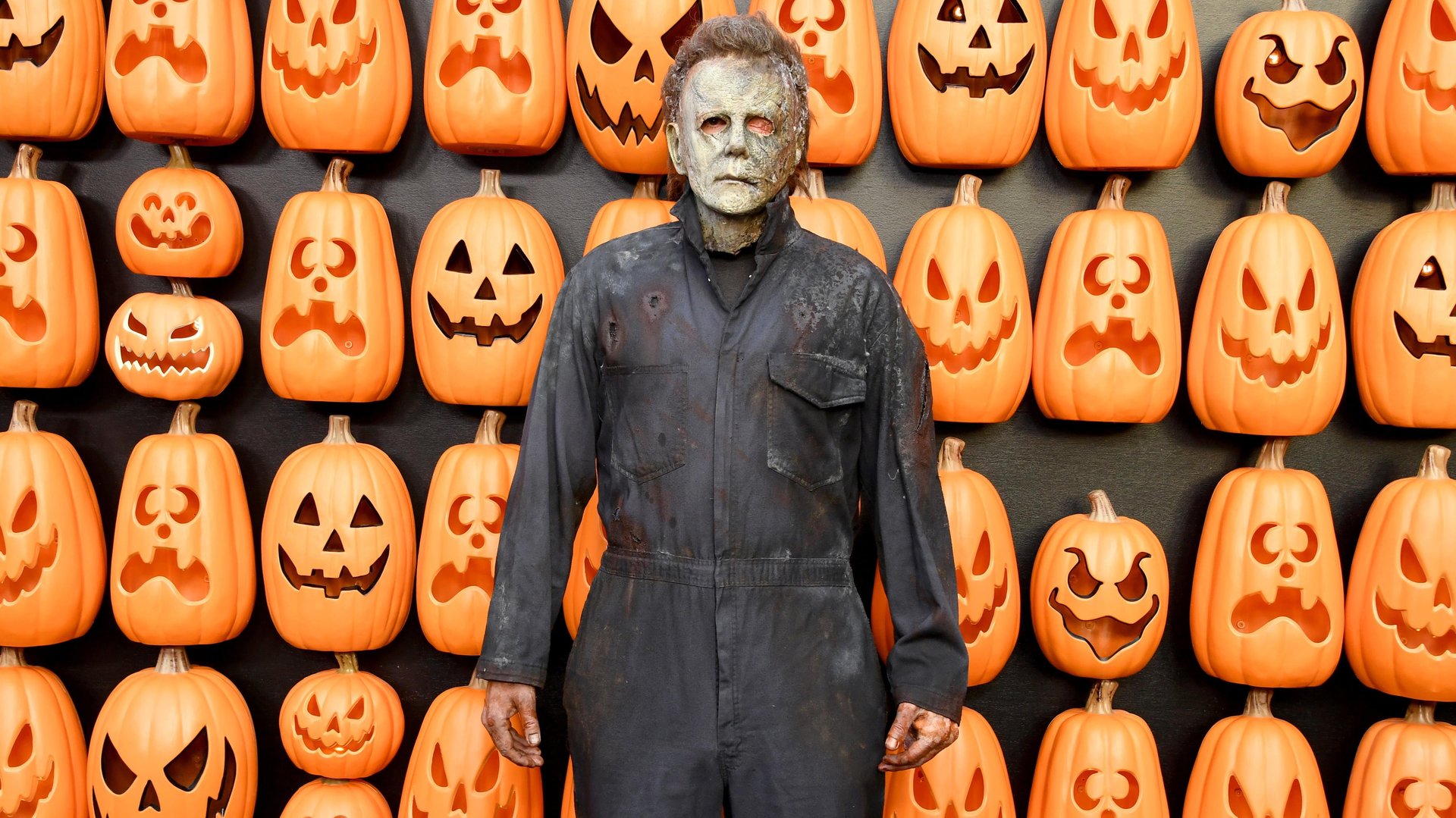Brutal reviews and Jamie’s exit: Why nothing can kill the “Halloween” franchise
The departure of the franchise's latest lead actor isn't likely to stop the blockbuster series

Actor Jamie Lee Curtis says she is done running from or hunting down the fictional serial killer Michael Myers. Halloween Ends will be the last film to feature her in the horror cinema franchise that debuted in 1978.
On Oct. 14, Halloween Ends, the thirteenth entry in the series, opened at number one, collecting $40 million at the box office during its first two weeks, outpacing its predecessor, Halloween Kills. To achieve that success, the film had to overcome a few hurdles, mostly notably, blisteringly bad reviews, some of which called Halloween Ends the worst in the franchise’s history. On Rotten Tomatoes the film has a 41% critic rating, barely besting its 57% audience rating.
Yet the franchise shows few signs that age, criticism, or its star’s departure will finish it off as the cash rolls in.
What prior “Halloween” films tell us about the newest one
The series depicts the story of Michael Myers, a masked and nearly unstoppable serial killer who repeatedly encounters and hunts Laurie Strode (Curtis) over the course of decades. In the latest film, Strode, now a much older woman, once again turns the tables on Myers in a climactic battle. The film ends with somewhat more ambiguity than previous entries in the franchise, leaving some longtime fans unsatisfied. But the female star of Halloween Ends insists this is truly the end. On Oct. 12, two days before the film’s release, Jimmy Kimmel asked the actor if this was her last Halloween film, and Curtis confirmed, “Yes, it is.”
Curtis’ involvement has been valuable, but hardly necessary. Most of the sinister allure of Halloween revolves around Myers and his seemingly supernatural ability to pursue to come back from the dead to pursue his victims. But the latest installments may have added plot twists many saw as too far-fetched, even for this series. The second week of the Halloween Ends’ release saw North American ticket sales plummet 78%, earning just a little over $10 million. Similarly, the prior film in the series, Halloween Kills, weighed down by bad reviews, saw a steep box office dip during the second week, despite going on to earn $92 domestically, and $131 million in all.
Ultimately, horror movie fans do not come for their plausible plots or original characters. They come for familiar jump scares and relatable protagonists, something Halloween delivers nearly every time. So far, Halloween Ends is just $37 million away from matching its predecessor in overall ticket sales.
The horror of high expectations
Historically, films like those in the Halloween series are viewed as unpretentious, B-movie schlock, not the subject of high-minded critique. But disappointment with the Halloween trilogy came after the first installment, Halloween, scored positive reviews and huge ticket sales. The hit 2018 movie, directed by David Gordon Green, earned $159 million domestically and $255 million overall.
That’s made the Halloween franchise untouchable. Miramax, and its new partner Blumhouse Productions, continue to enjoy rich profit margins on the trilogy. Green directed his first Halloween installment with a budget of $10 million, and the last two films in the series cost around $20 million each. That’s delivered a box office bonanza for the films’ sponsors, even as subsequent entries in the series have lost their acclaim.
The latest film is now approaching the $100 million mark during its third week in theaters. The latest numbers suggest even without Curtis, or good reviews, the Halloween franchise will return for years to come. It’s difficult to imagine that Hollywood won’t return to a four-decade-old cash machine that appears to be as hard to kill as Mike Myers himself.